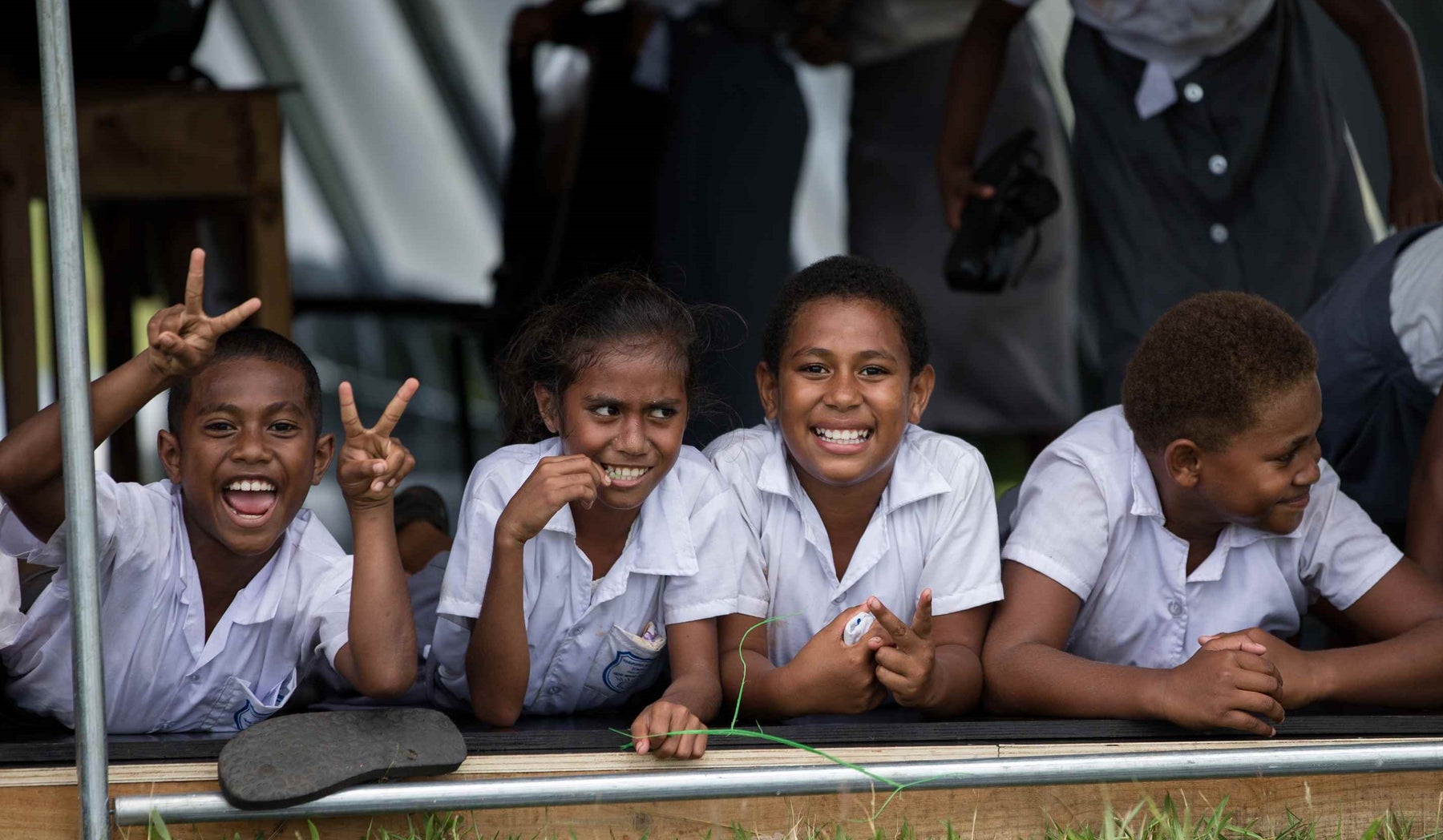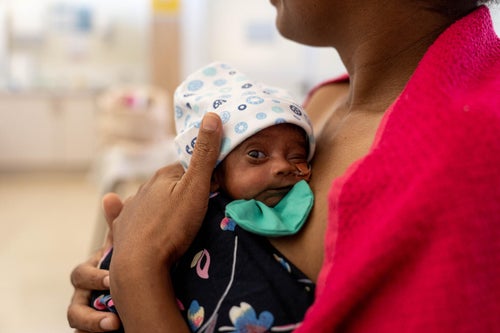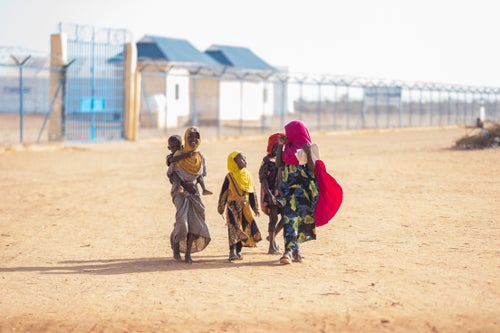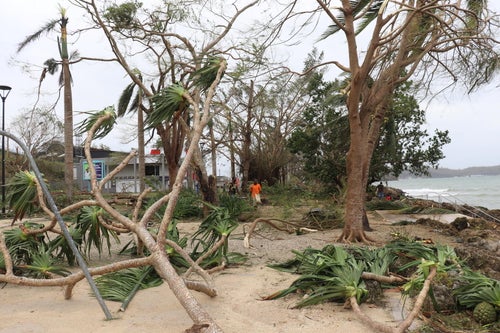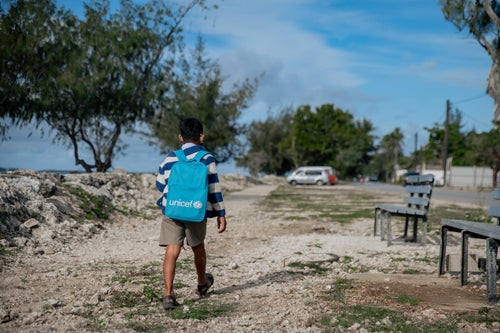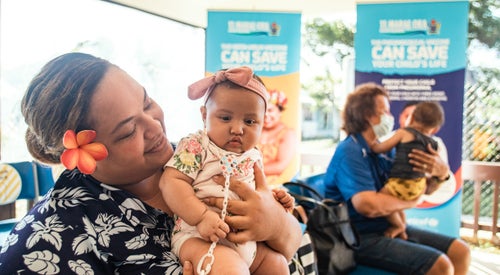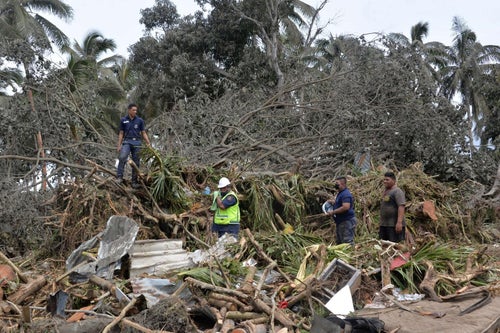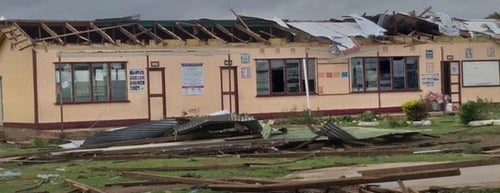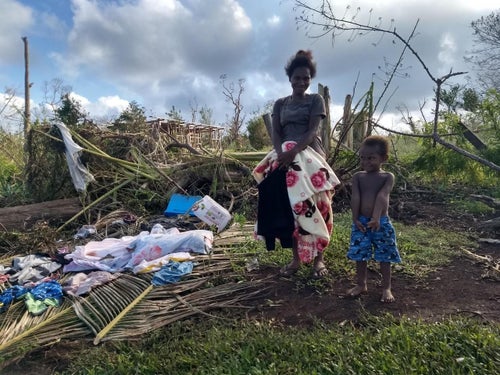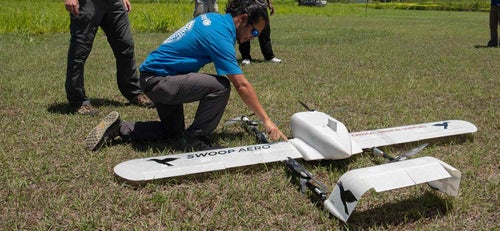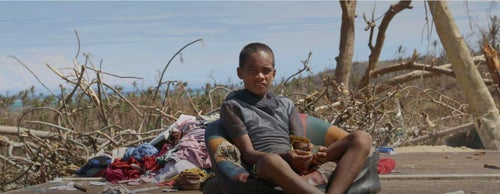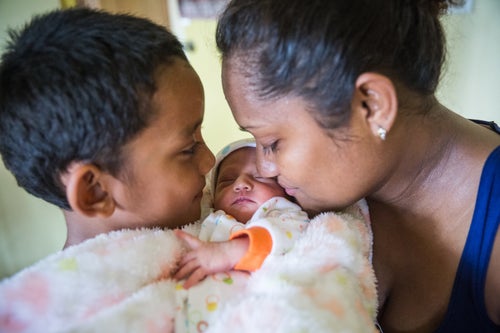We’re in the Pacific Islands, giving children and young people equal opportunity to reach their potential.
Spanning across the deepest oceans in the world, the Pacific Islands are a natural wonderland and home to proud nations, each one as unique as the other. Whether it’s Fiji, Tonga, Vanuatu, Kiribati or Solomon Islands, the Pacific Islands face multiple challenges which are being exacerbated by climate change and rising sea levels. Children in many hard-to-reach villages across the region are among the most vulnerable.
From urban centres to remote islands, children across the Pacific are being impacted by malnutrition and often have limited access to quality education, safe water, health care and social services. And violence within the home and community across the Pacific remains prevalent.
UNICEF has been advocating for the rights of children across the Pacific Islands for more than 50 years, working alongside our partners to deliver long-term development programs. We’re focusing on investing in the early years, keeping mums and babies healthy, protecting children from harm, providing access to clean water and quality education. And when emergencies strike, UNICEF is there delivering lifesaving support to children and their families when they need it most.
1 in 10
a third of children in the Pacific do not have access to good sanitation, and one in ten do not have access to safe drinking water.
40%
of children across the Pacific Islands are at risk of falling below the poverty line.
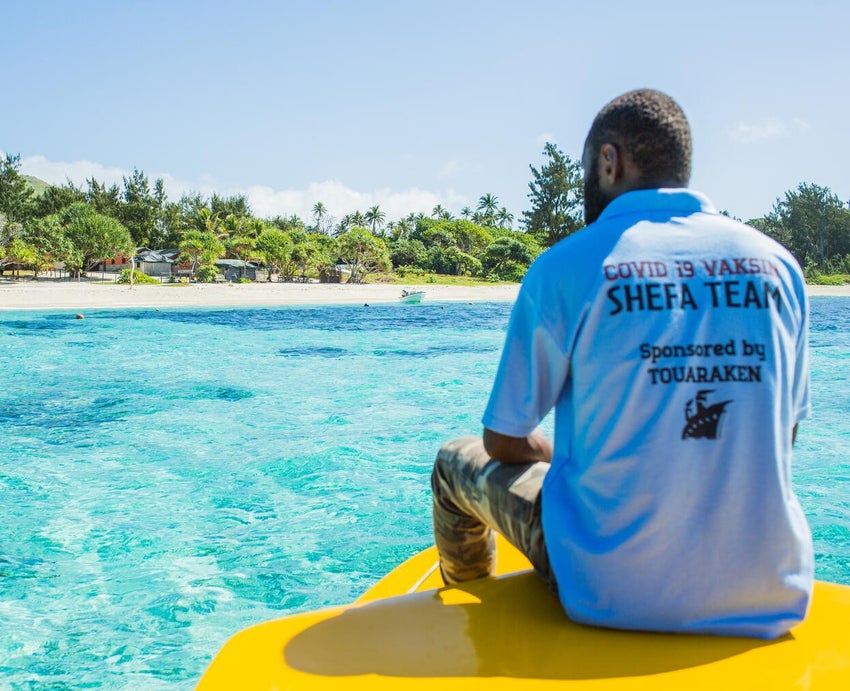
Pacific Islands many challenges
Across the Pacific Islands, children are facing multiple challenges at once, with those living in villages only accessible by boat or on foot being the most vulnerable. Limited access to health care services, quality education, and safe, clean water and sanitation is affecting children.
Sadly, of the 1,700 children under five who die in the Pacific region every year, 80 per cent of them do not live to see their first birthday, with half of those passing away within their first month of life.
For children under five, water and sanitation related diseases are one of the leading causes of death. While rates of violence against children in the Pacific are among the highest in the word, coupled with some of the highest rates of domestic violence in the world.
Enrolment in basic education is relatively high across the Pacific Islands, but equity gaps remain that prevent children with disabilities, those on the outer islands and out-of-school children from accessing schooling.
Natural Disasters and Climate Change
Pacific Islanders are already facing the impacts of climate change with rising sea levels, frequent and longer droughts, increased severity of tropical cyclones and typhoons, flooding, coastal erosion, as well as the salinization of arable land and safe drinking water sources.
Children directly impacted by natural disasters are suffering emotional turmoil from displacement from their homes and islands, as well as disruption to their education. That is why UNICEF is on the ground before, during, and after emergencies, working to reach children and families with lifesaving aid and long-term assistance.
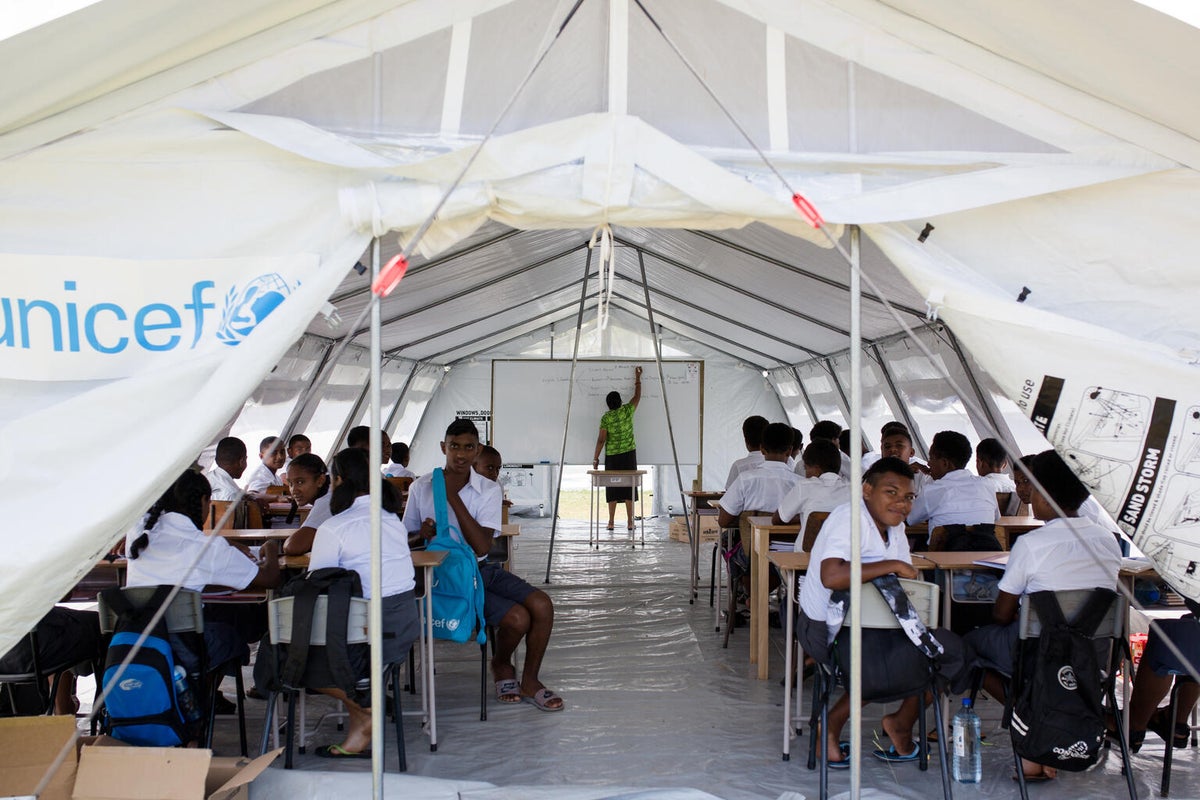
We’re protecting the rights of children across the Pacific Islands
Over the years, we have successfully piloted new approaches to accelerate positive change for children and their families. Whether it is improving health services and childhood nutrition, bringing about positive change within child protection, or providing early learning education to children in need; our work in the Pacific Islands is only possible thanks to the generous support of the Australian public and the Australian Government through the Australian NGO Cooperation Program (ANCP).
9,987
children were immunised with rotavirus, pnemococcal and HPV vaccines in 2021-22.
1,568
parents and frontline workers reached with awareness raising on gender issues in 2021-22.
12,621
parents participated in information sessions on children’s development in the early years in 2021-22.
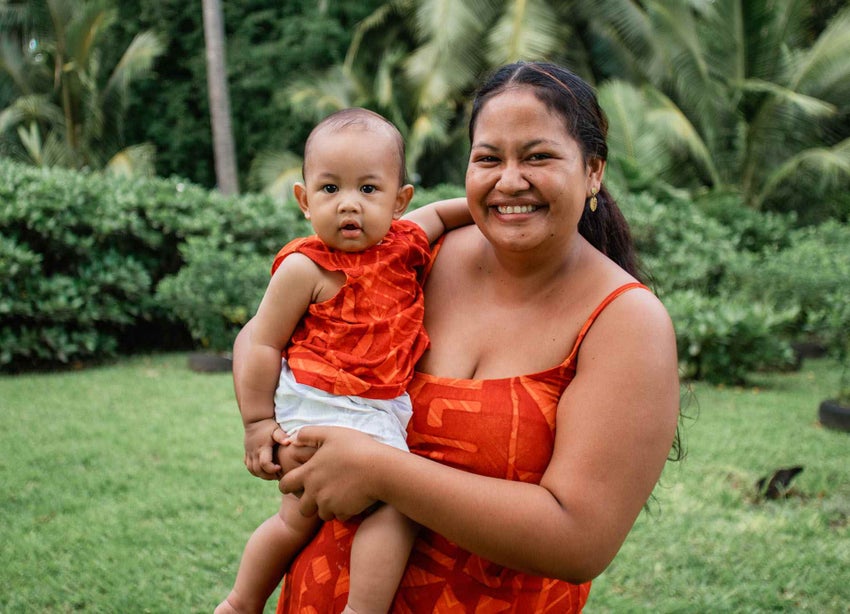
Vaccinating children against preventable diseases.
Mothers, fathers and carers are flocking to clinics across the Pacific for lifesaving vaccines for their children. Vaccines that will protect their children against rotavirus disease and pneumococcal virus, two of the major causes of death for children under five in the Pacific.
The region also has a high rate of cervical cancer. Three times more women die from cervical cancer in the Pacific than in Australia. Through this program, the addition of the HPV vaccine for adolescent girls will be critical to widespread prevention.
Over the next three years, UNICEF, with support from Rotary, is aiming to deliver 300,000 vaccine doses to children across the Pacific, and that is just the beginning. Working with local governments, UNICEF will ensure that immunisation programs are sustainably developed across nine Pacific countries, so that the future generations have access to these lifesaving vaccines.
Across the Pacific Islands, we're making a difference in:
Help children across the Pacific Islands
By donating today, you can help children across the Pacific Islands, like Madeline from Solomon Islands, grow to be healthy, educated and safe from harm.
The impact of our work
Every child has the right to be healthy, educated, and live safe from harm.


